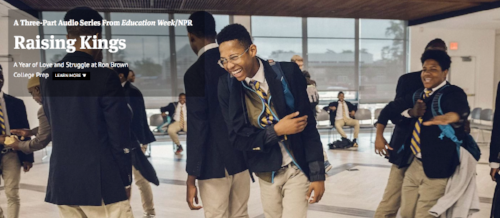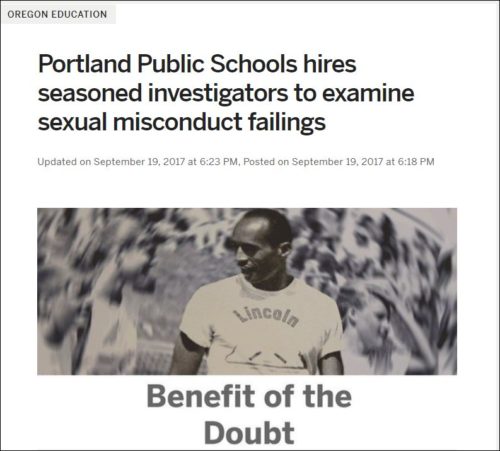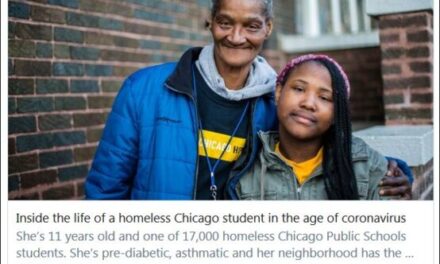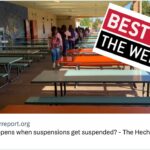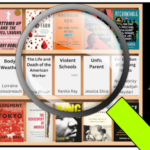MEDIA TIDBITS
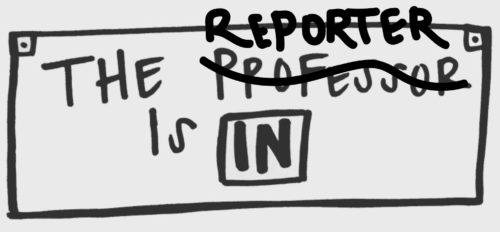
INTERPRETING THE RESULTS IN NEWARK, OR CHERRY-PICKING?
On Thursday, New Jersey education blogger Laura Waters expressed some strong objections to Chalkbeat’s coverage of a new Harvard study of student achievement gains in Newark, suggesting that the story (written by national reporter Matt Barnum) must have been rushed or he was slanting his coverage. Barnum protested the characterization. A Twitter hullabaloo ensued.
Harvard researcher Tom Kane’s only public comments, via communications director Miriam Greenberg, focus on Barnum’s effort and intelligence: “Barnum asked some very sophisticated questions (overall, he was very impressive).” However, he has not publicly commented directly on the results of Barnum’s reporting, and probably never will – even if they disagree.
Greenberg says that “interpretation of the findings and the questions that become the focus of coverage is going to vary” among different reporters. Which sounds nice and is certainly a very polite thing to say. But I’m not entirely sure I’m comfortable with the notion of reporters interpreting studies however they see fit (as long as they are factually accurate). First and foremost, I think they have a pretty serious obligation to convey to readers what the researchers think are the most salient aspects of a study they conducted, even if they decide to focus elsewhere. And if substantial interpretation seems called for, putting it in the hands of experts sources seems like a sharper way to go.
Anyway, here’s how some other outlets covered the study: USA Today, EdWeek, The 74. What do you think?
PLUS ALSO
CJR: Media reporting on campus protests plays into culture war narrative goo.gl/GgXd7C
“New Documents Confirm Betsy DeVos Is Paying For Her Own Private Plane Travel” http://ow.ly/uh8a30g1ow7 [Seriously, BuzzFeeed?]
Rachel Cohen has written a postscript to her recent Atlantic story about the role of education in economic mobility, which some (including me) thought had problems.
The most underreported education story these days must be what AFT/NJEA conflict over Sweeney. The NJ Spotlight has it covered. So does The Intercept, and (of course) The 74. Anyone else?
Harvard’s Shorenstein Center will figure out best practices for single-subject news sites including Chalkbeat & the Hechinger Report.
|
![]() Big welcome to new readers who are here via the Ann Friedman Weekly!
Big welcome to new readers who are here via the Ann Friedman Weekly! ![]()



